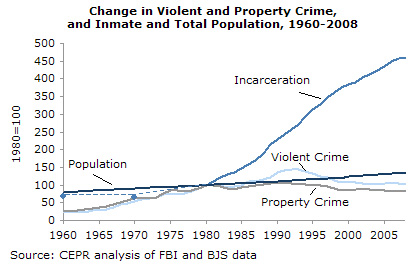Some legislators tried to hide potential ethics violations in the name of privacy. They failed in the last hour of the last day of the legislative session.
Jim Galloway wrote for the AJC yesterday, Your morning jolt: The failed attempt to make ‘transparency’ commission a translucent one
In other words, the Georgia Government Transparency and Campaign Finance Commission would have been handed permission to cut off from public view the more pesky complaints against your leaders. Cases that it would decide you didn’t need to know about.
Who did this, and when?
State Rep. David Knight, R-Griffin, introduced the conference reportin the House, but didn’t mention the above paragraph. That came to light under questioning from state Rep. Mary Margaret Oliver, D-Atlanta, and other Democrats.
My AJC colleague Chris Quinn described a scene in which the tally board started out with green “yes” votes and red “no” votes evenly divided. But slowly, green lights began blinking out, and the red votes began to grow. At 11:08, the bill was defeated 25-143.
Sanity and ethics prevailed at the eleventh hour.
-jsq











